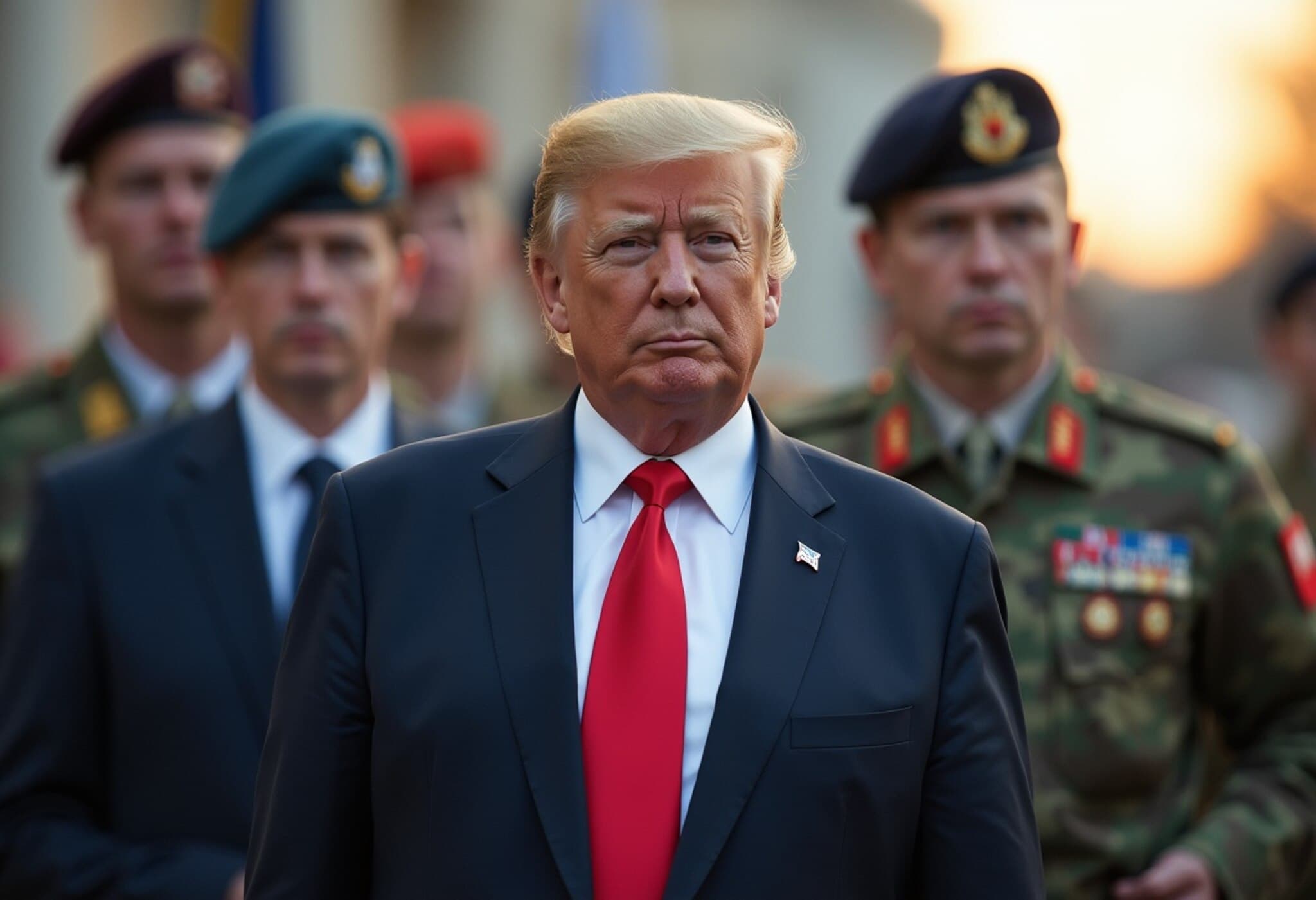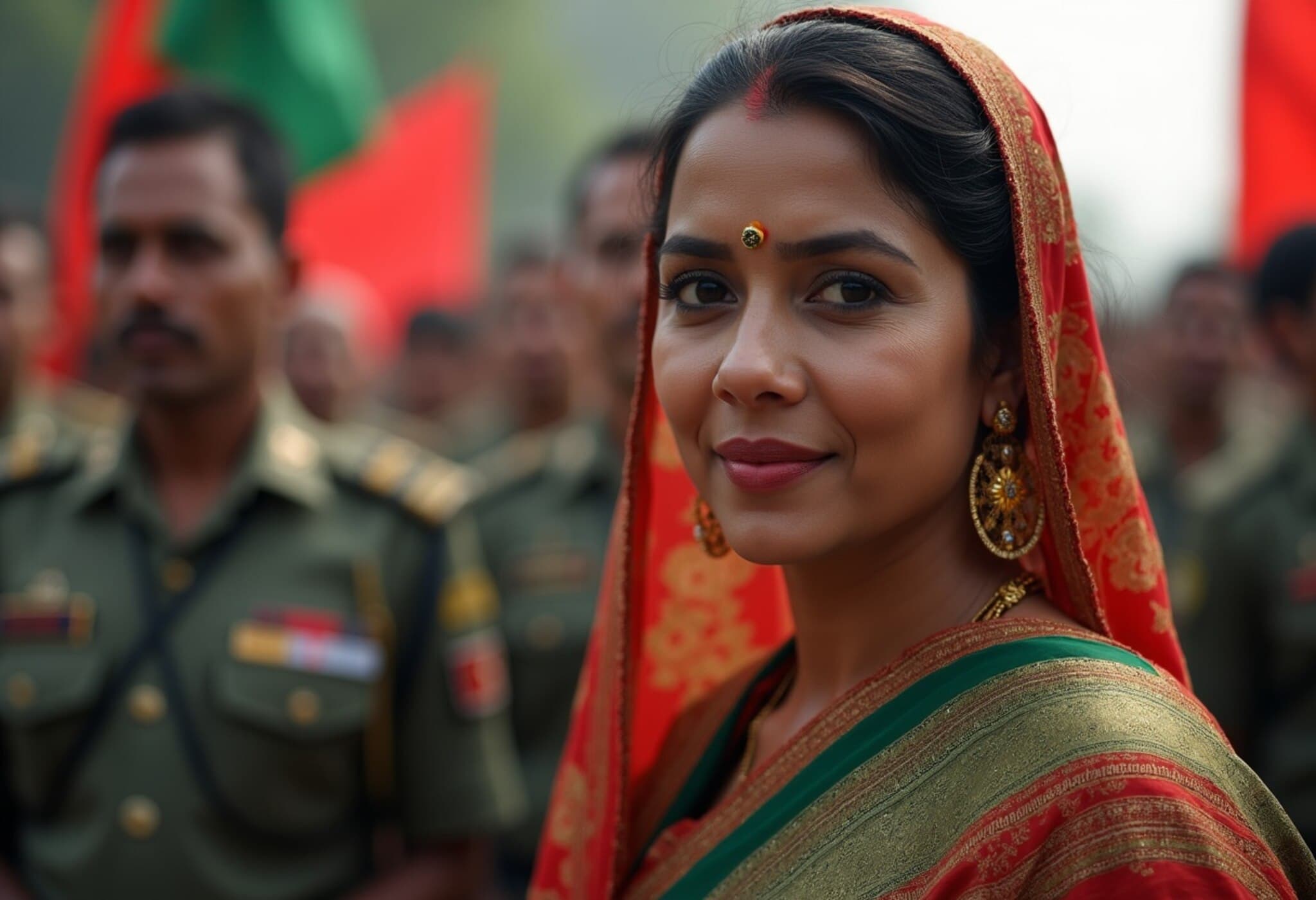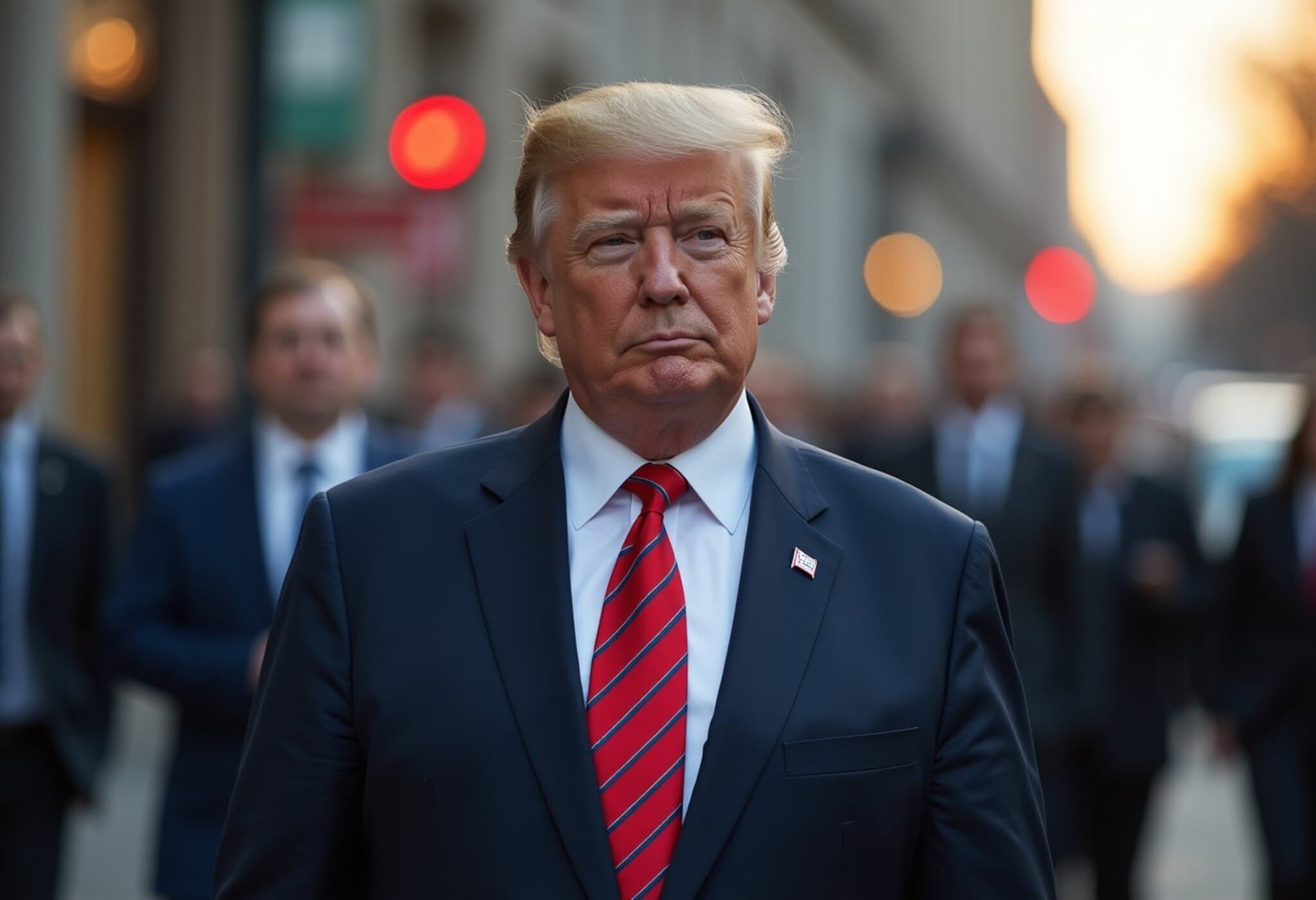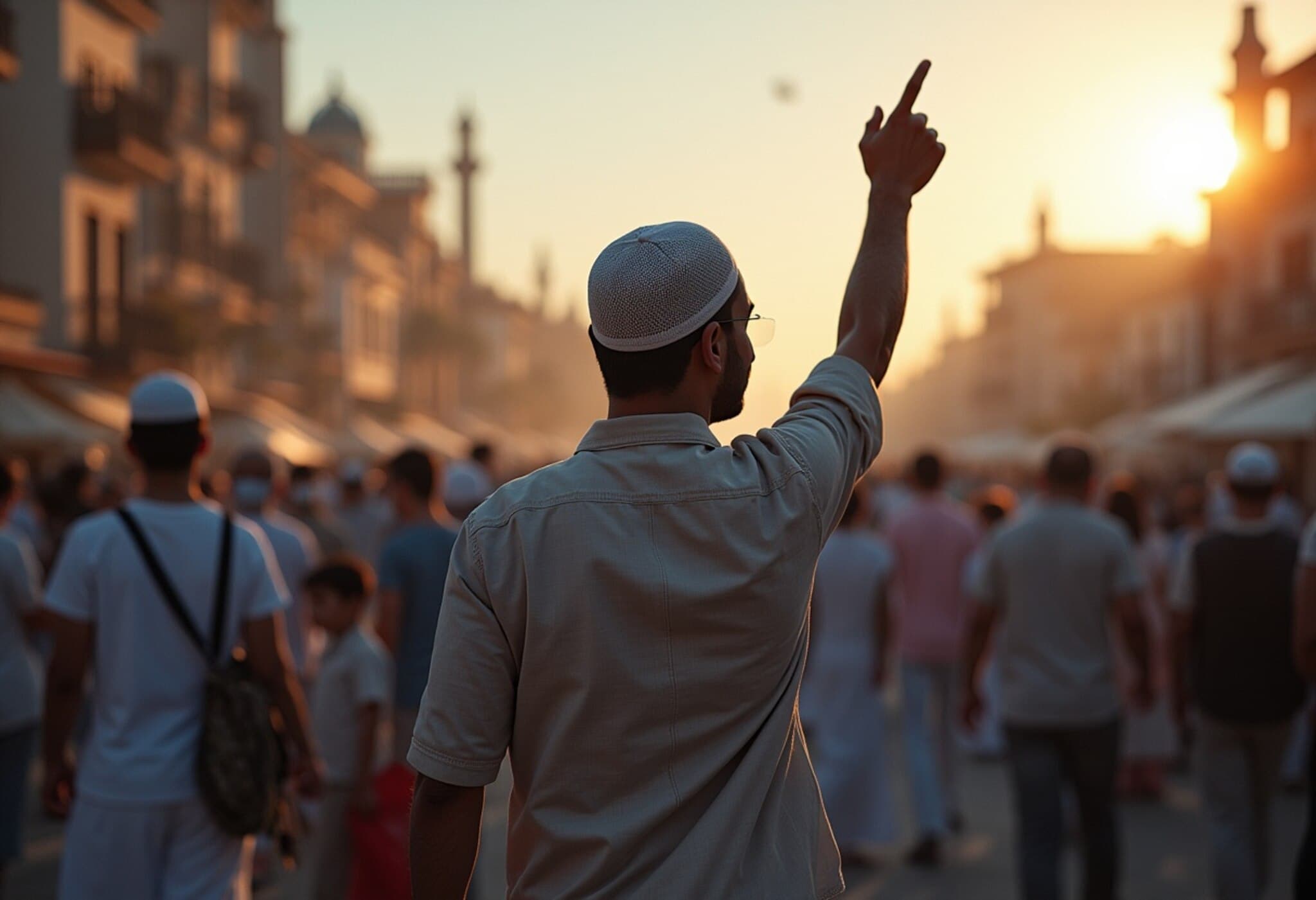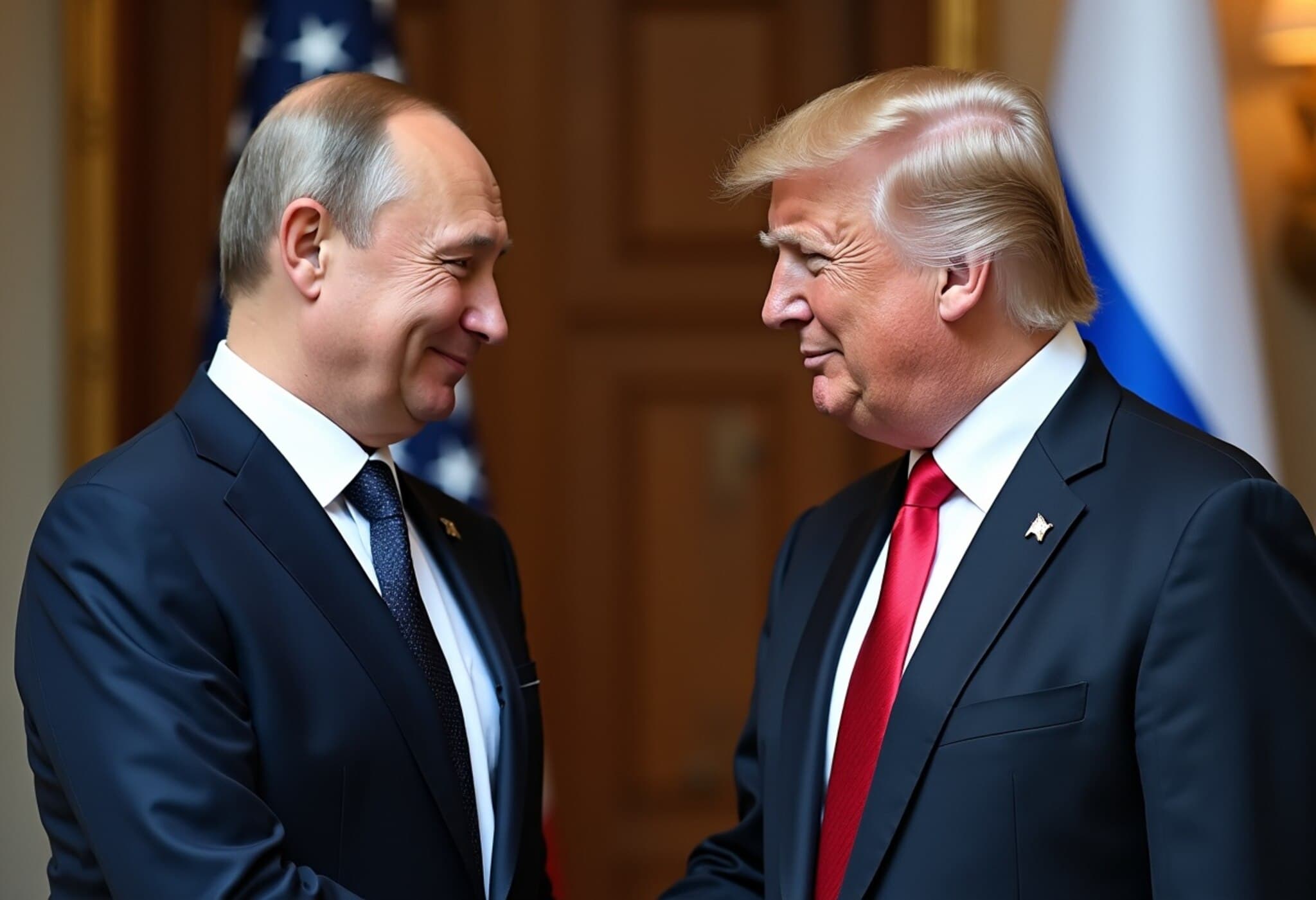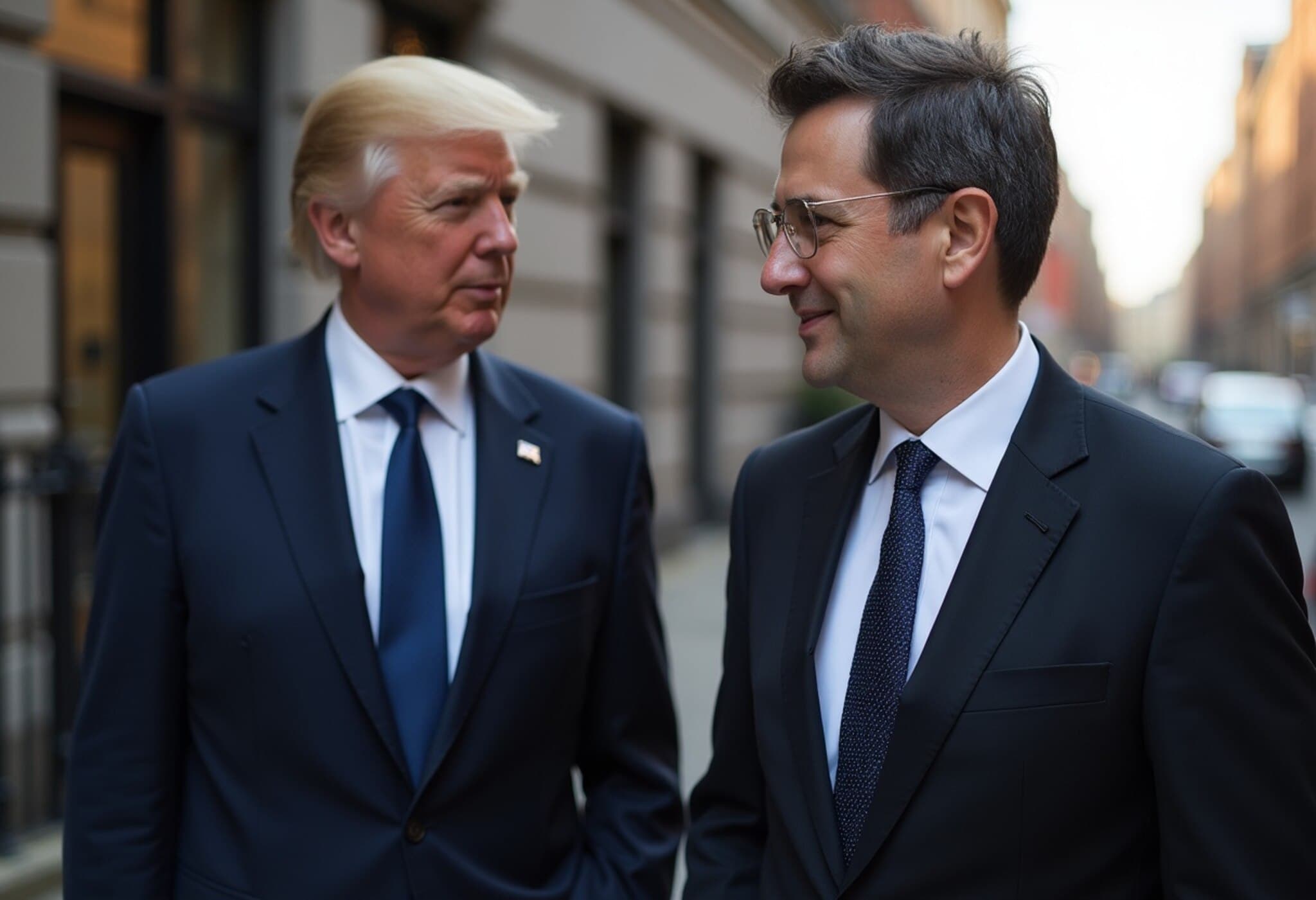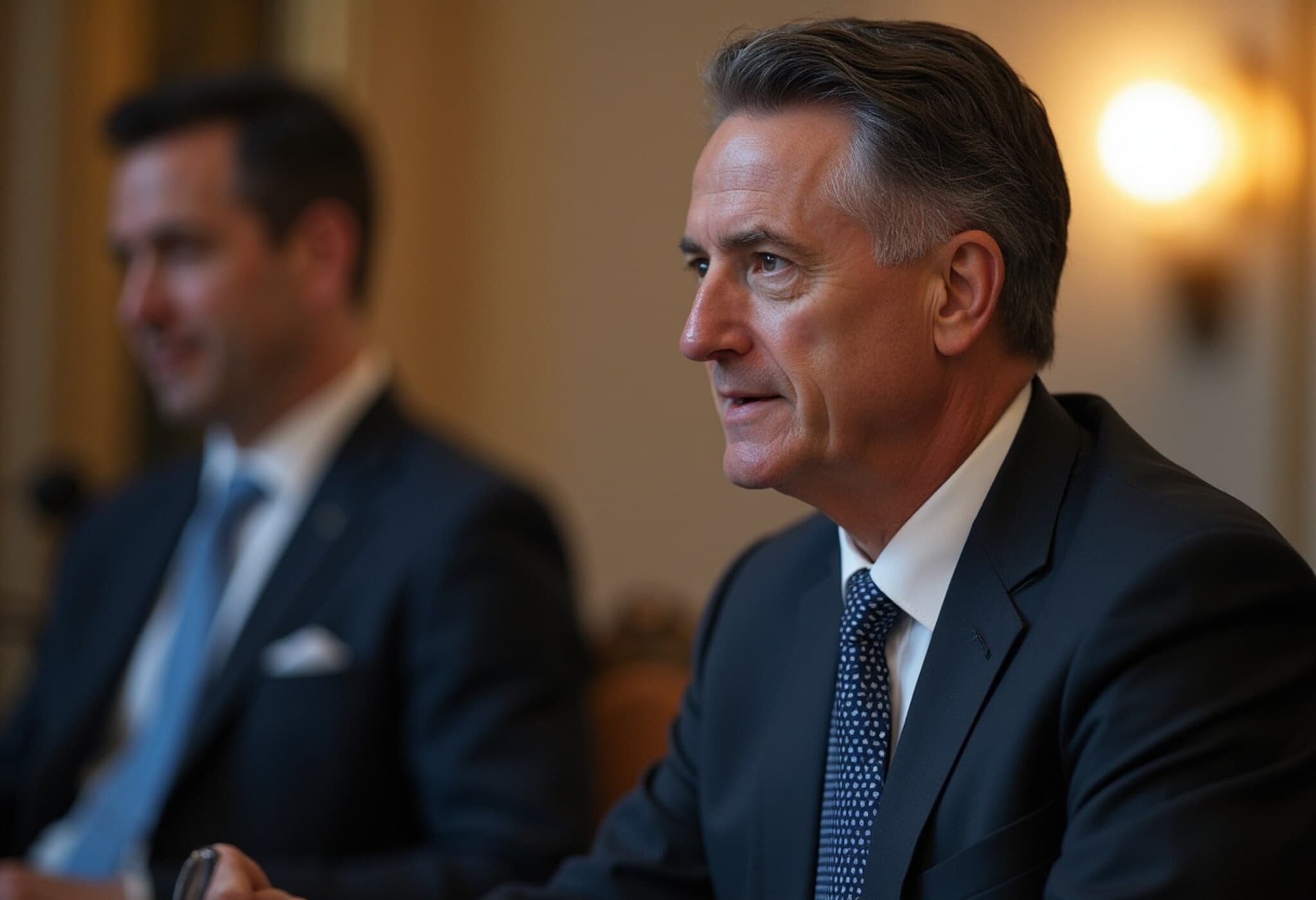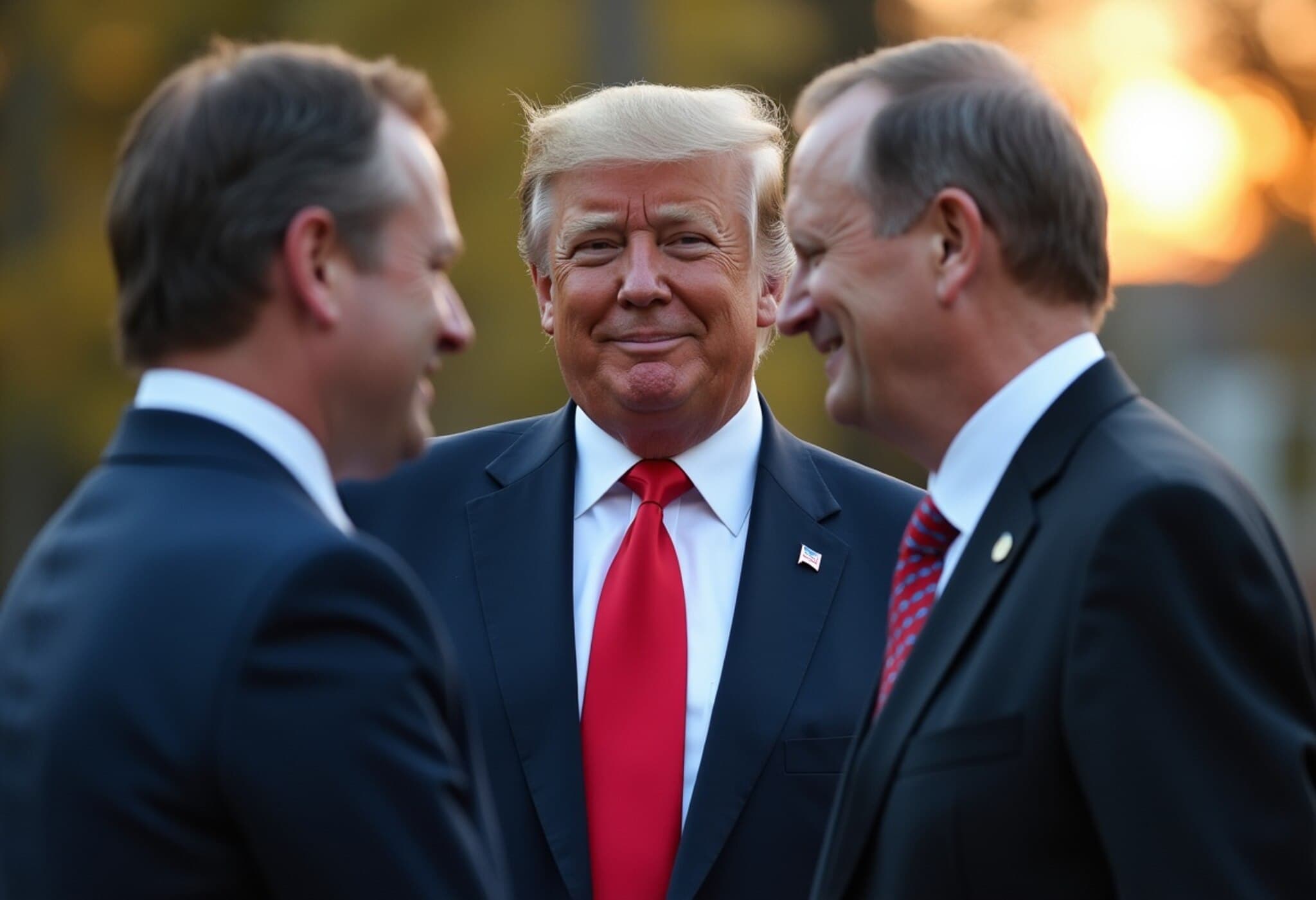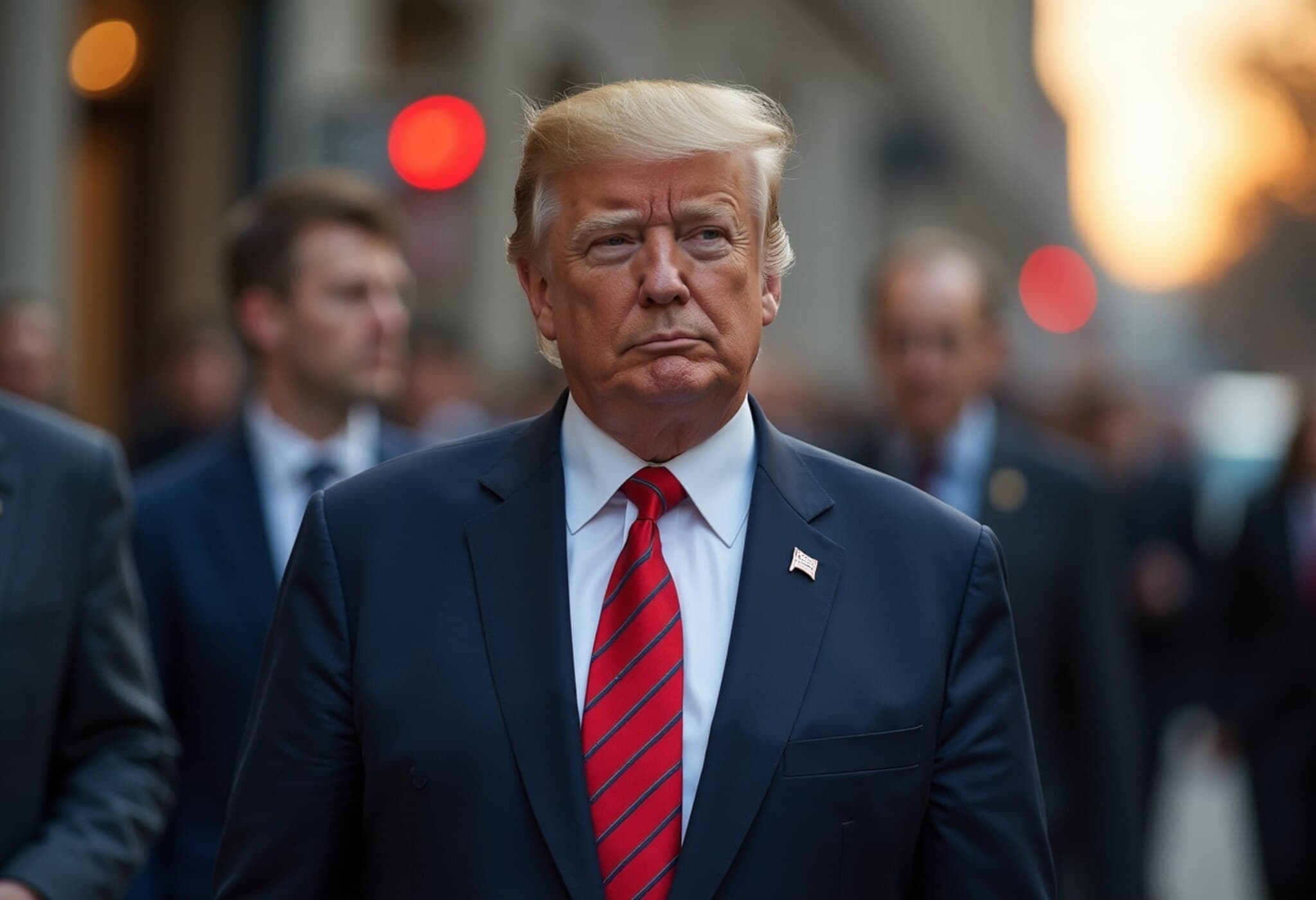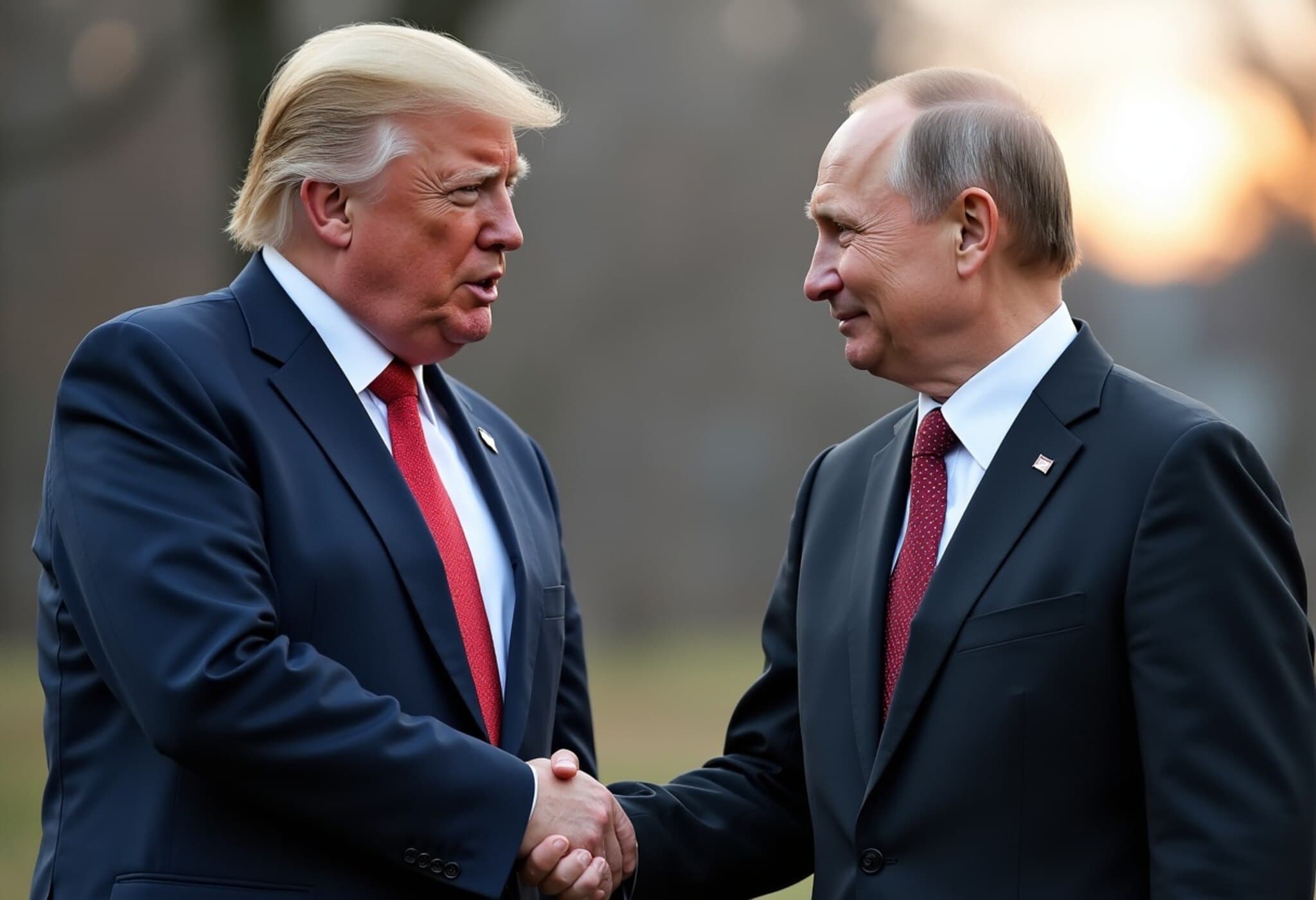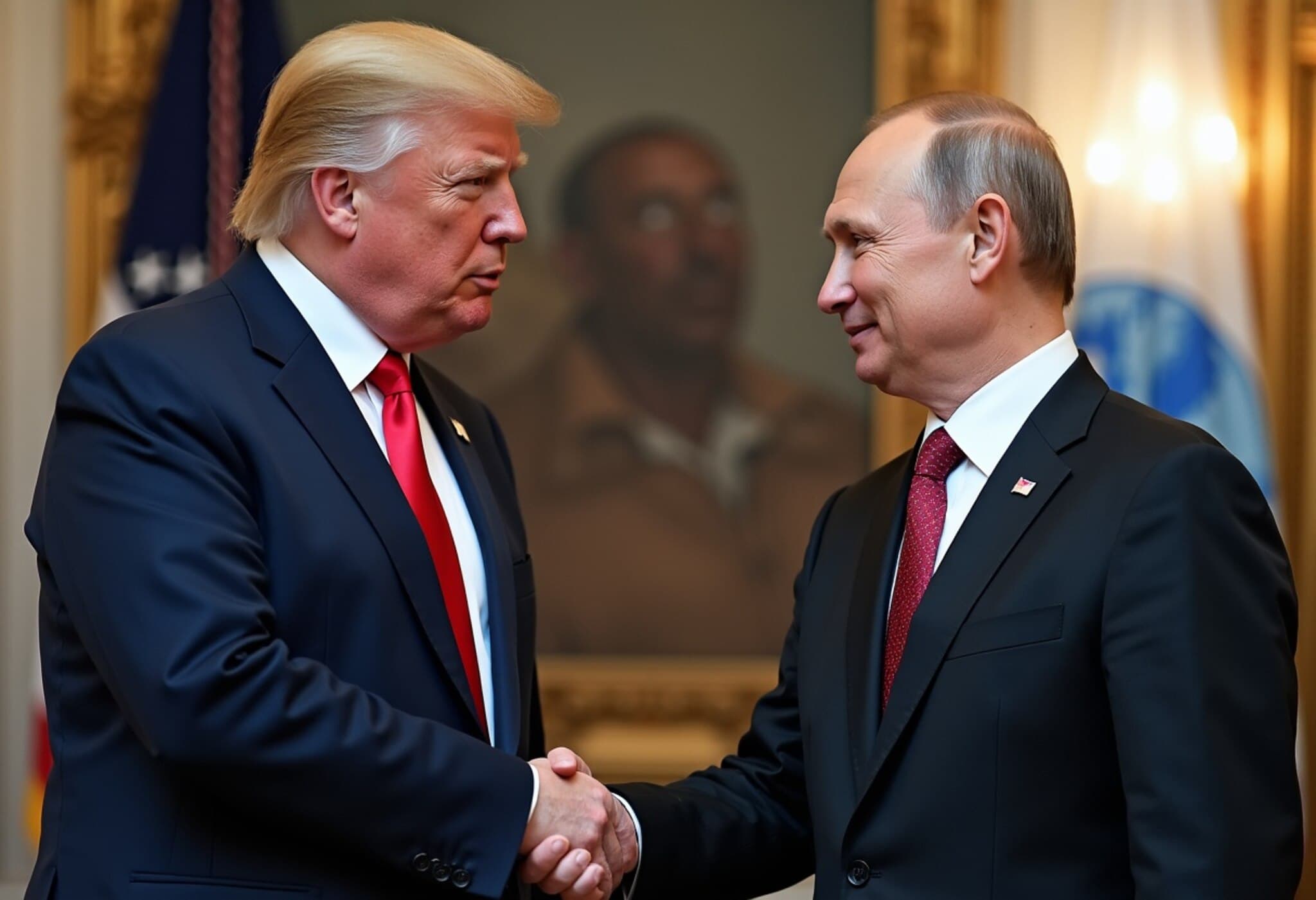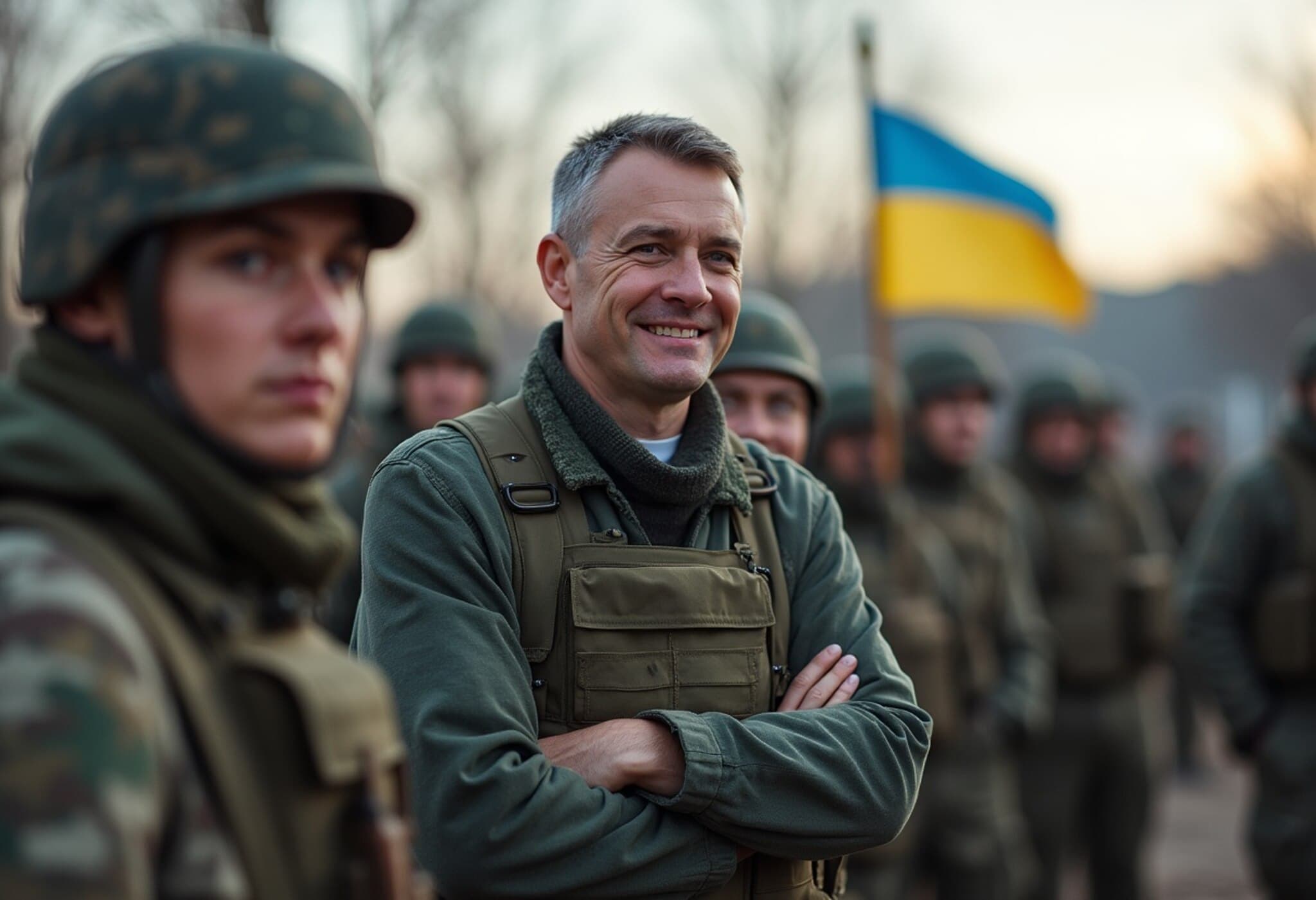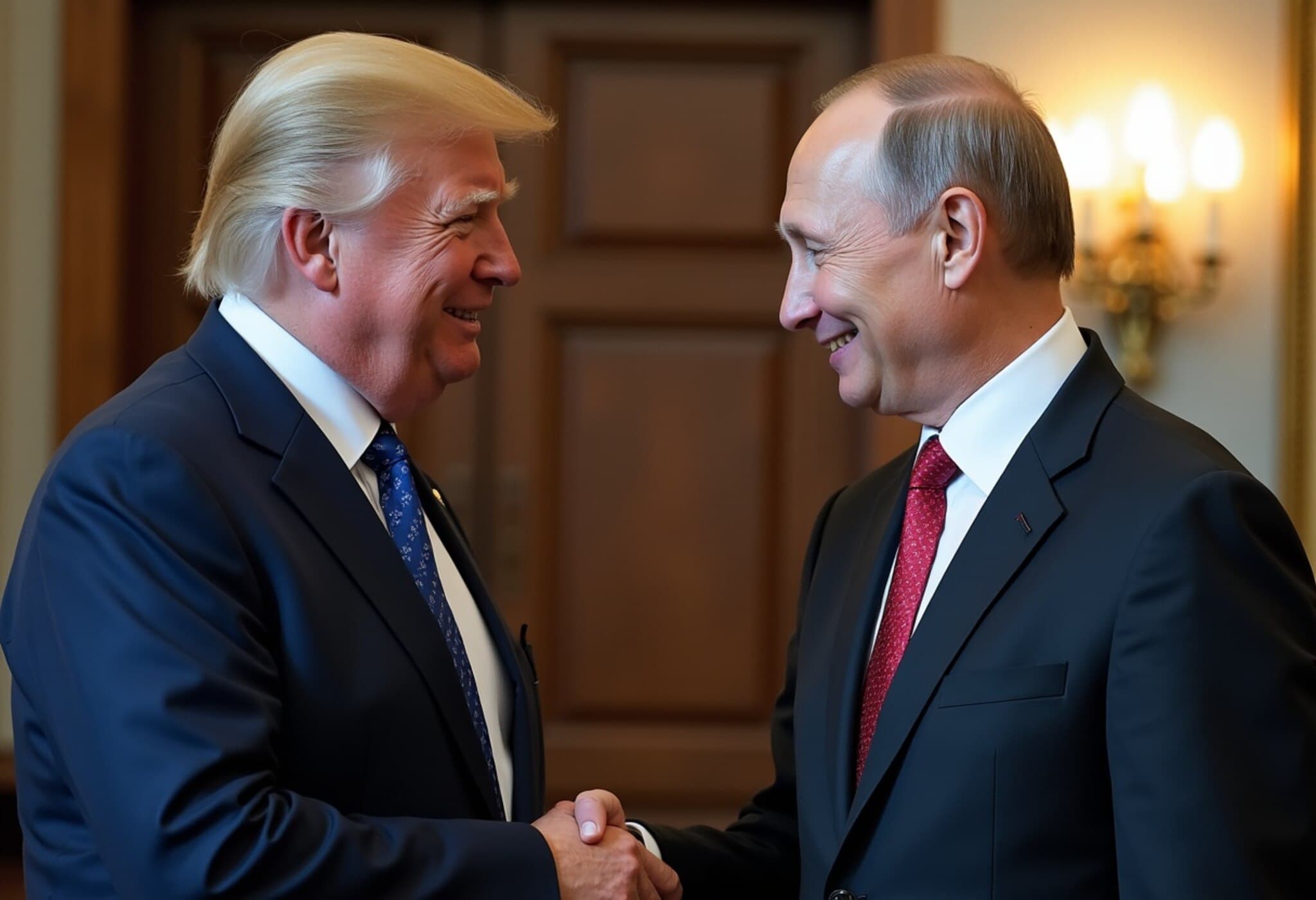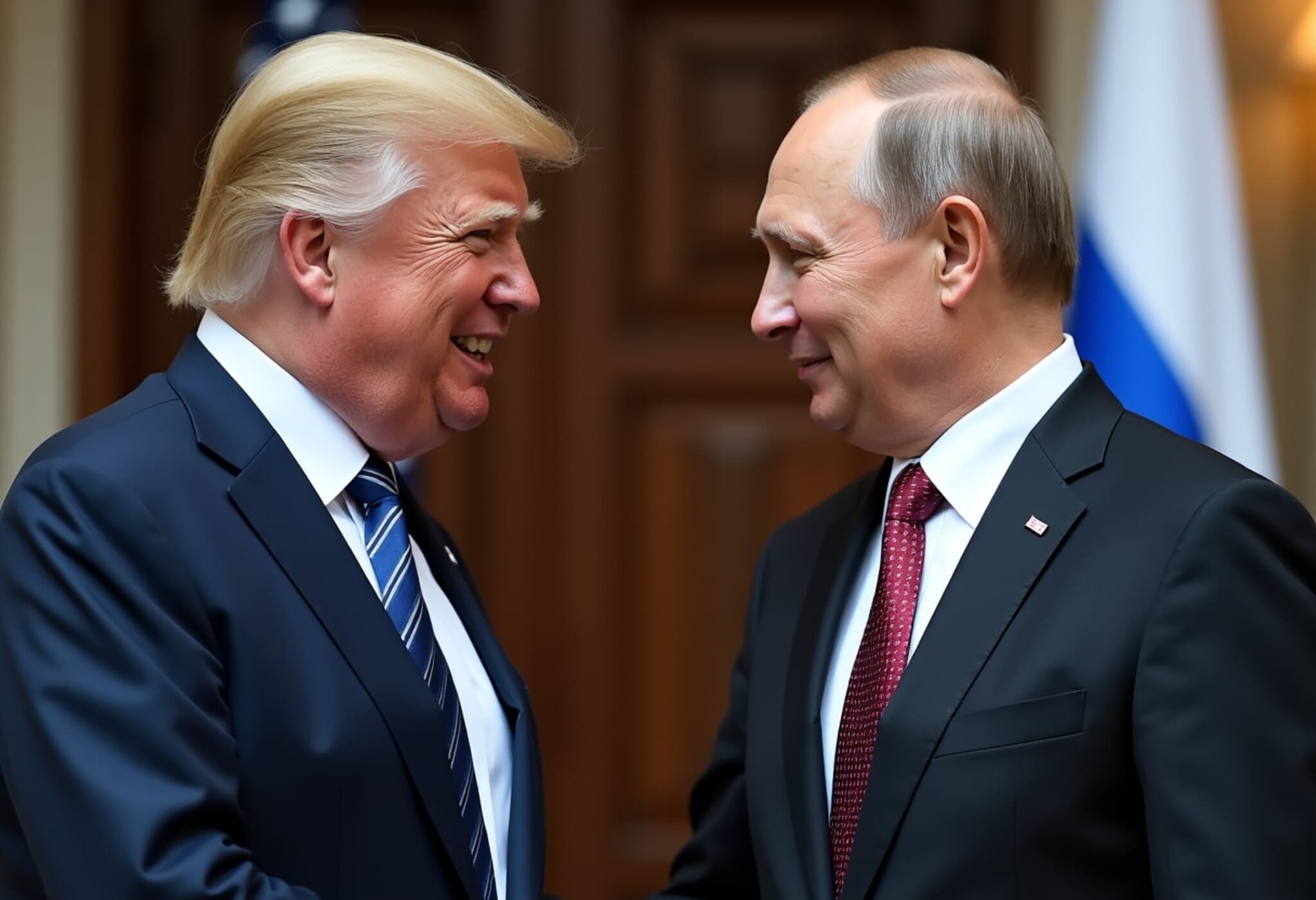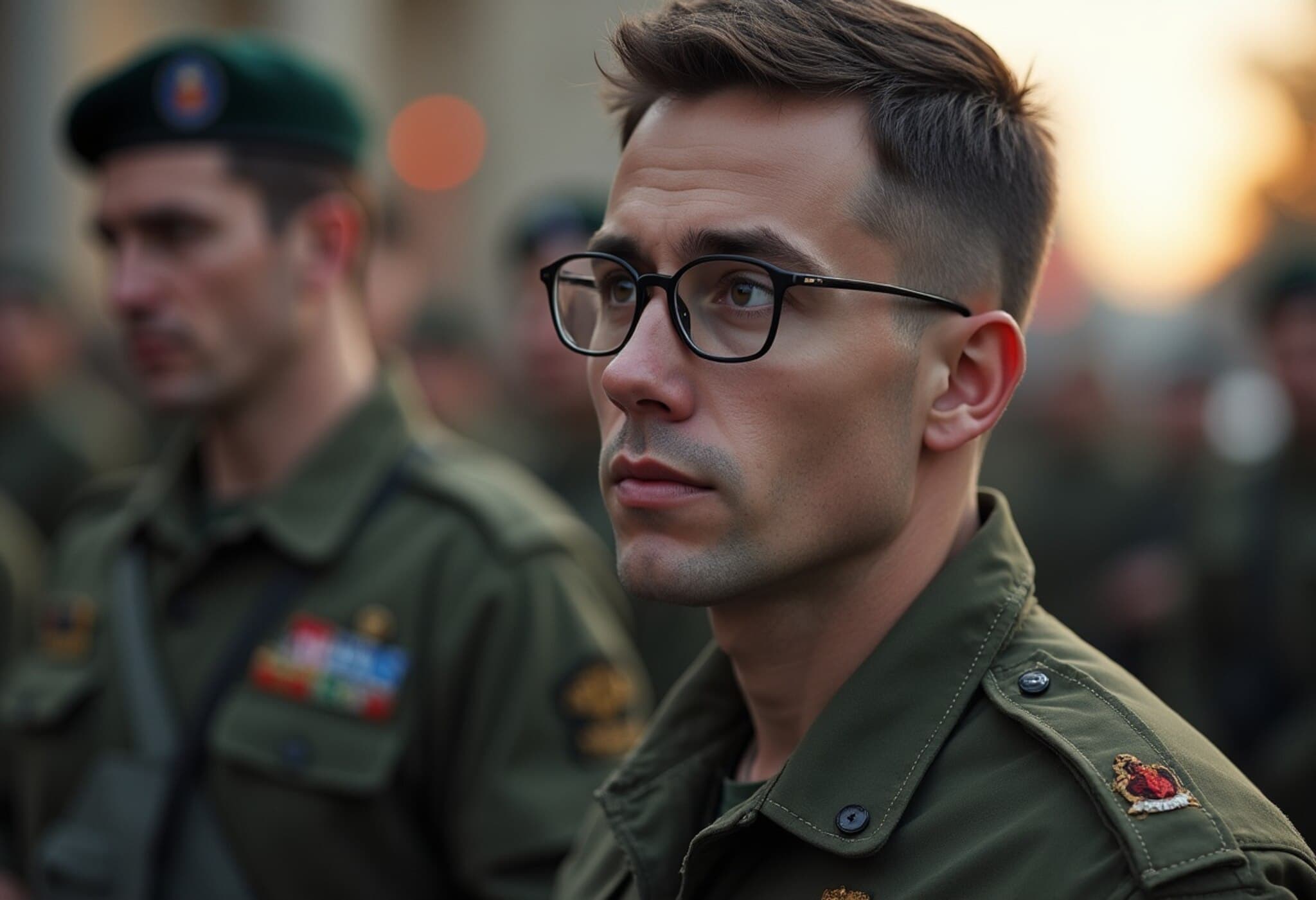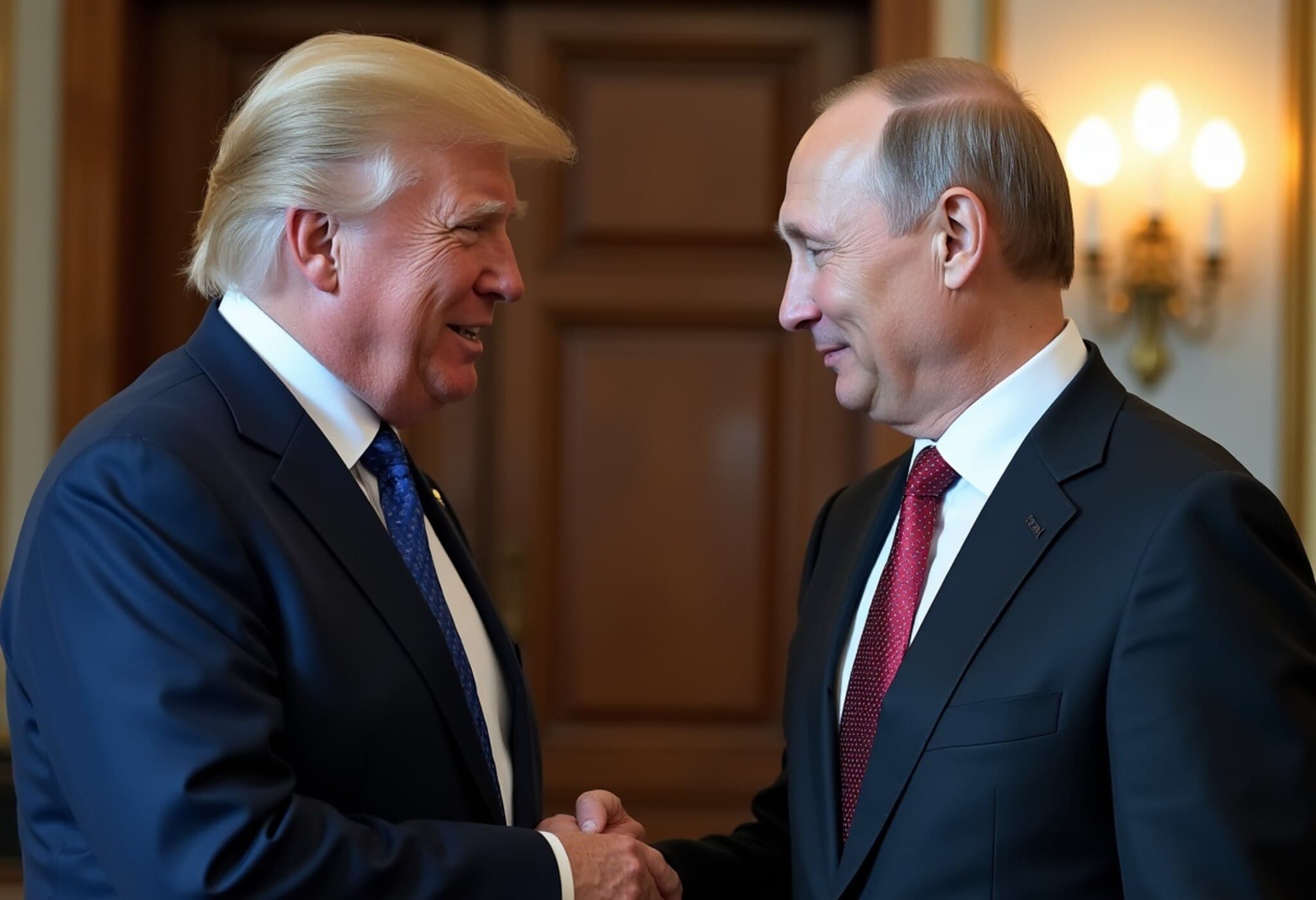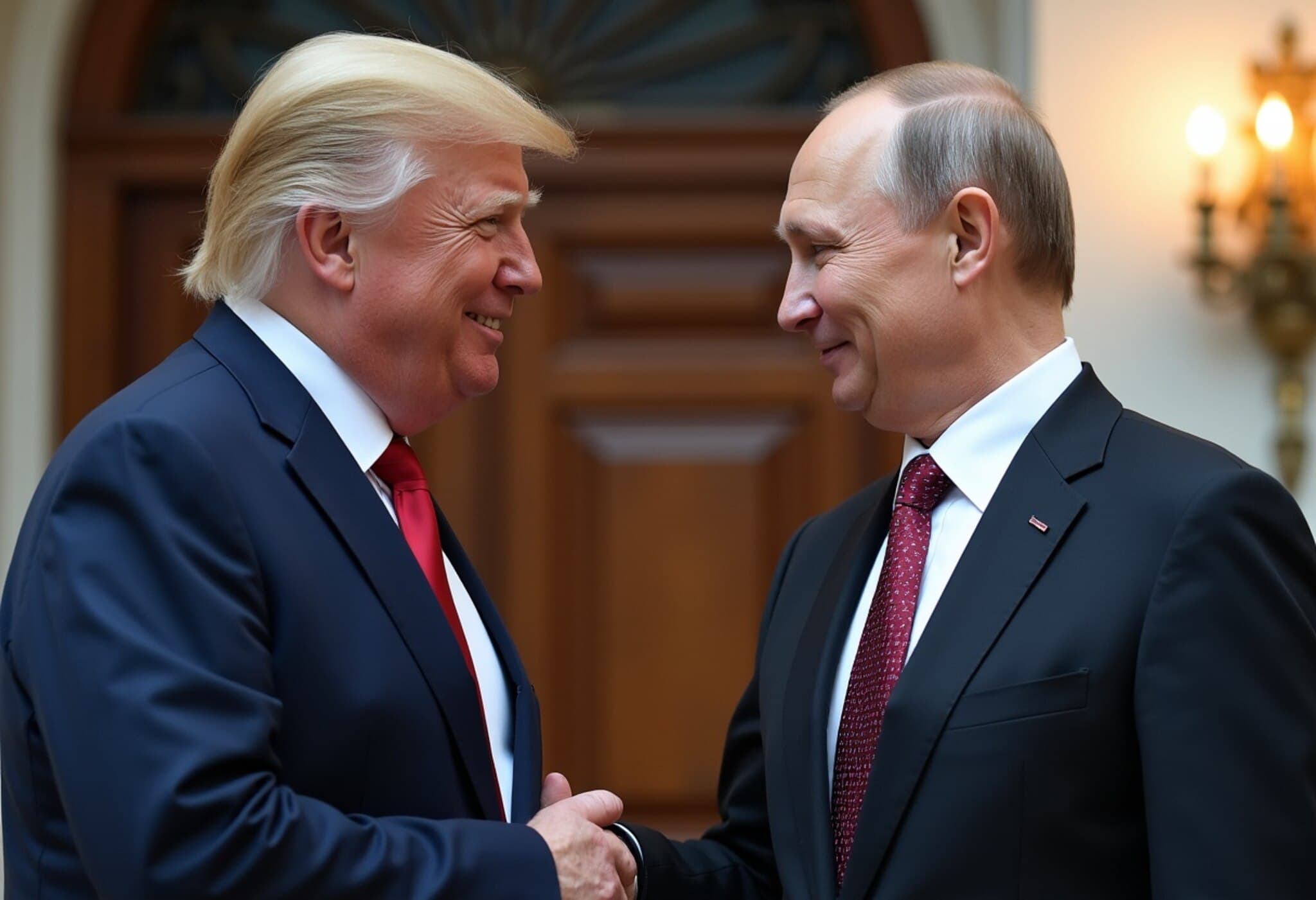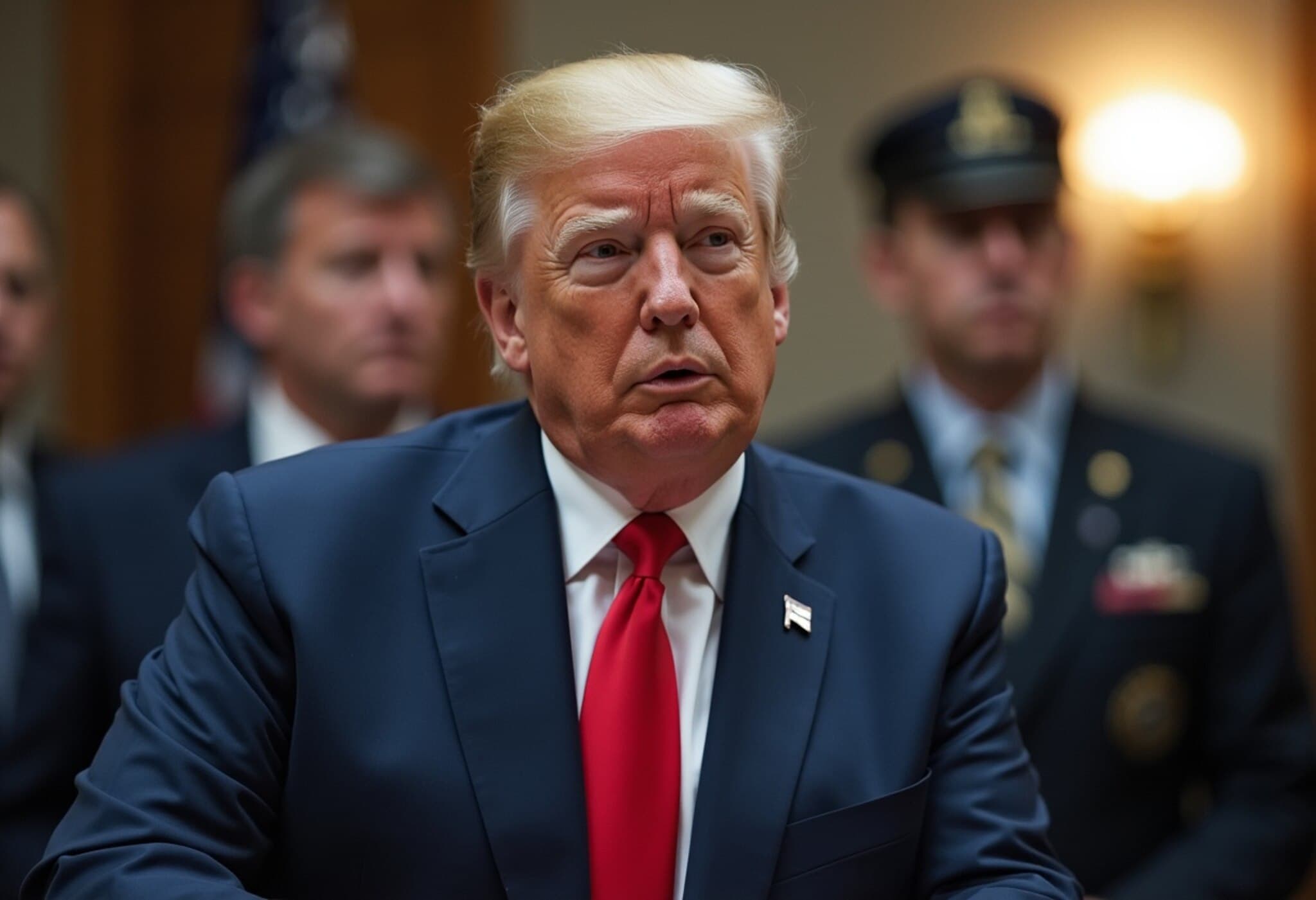Trump Announces Upcoming Meeting with Putin to Address Ukraine War
In a recent statement at the White House, US President Donald Trump revealed plans to meet “very shortly” with Russian President Vladimir Putin, aiming to discuss the ongoing conflict in Ukraine. While the exact location of the meeting is yet to be disclosed, speculation points towards a possible venue in the Middle East, with the United Arab Emirates mentioned as a contender.
Diplomatic Efforts Face Daunting Realities on the Ground
Despite Trump’s renewed diplomatic push and his ultimatum set nearly two weeks ago demanding the Kremlin to cease hostilities or face increased sanctions, the situation remains precarious. The Kremlin has shown little inclination toward halting military operations. On the battlefront, Ukrainian soldiers convey a stark lack of optimism about an imminent diplomatic breakthrough.
Escalating Conflict and Military Stalemates
Russia continues its methodical, albeit costly, advance deeper into Ukrainian territory, pressing into the eastern Donetsk region, particularly the Pokrovsk area. Ukrainian troops are locked in fierce combat along a 1,000-kilometer front line stretching from northeast to southeast. This protracted conflict weighs heavily on Ukrainian forces, hampered by significant manpower shortages and relentless Russian bombardments.
Commanders on the ground, such as Buda of the Spartan Brigade, express resolute skepticism about Russia’s willingness to negotiate. "It is impossible to negotiate with them. The only option is to defeat them," Buda told The Associated Press under his call sign, echoing a sentiment felt by many on Ukraine’s front lines.
Similarly, in the southern Zaporizhzhia region, a howitzer commander known as Warsaw affirmed the determination to defend Ukrainian soil: "We have no way out, so we stand our ground. We have no choice." This unwavering resolve reflects the broader mood among Ukrainian defenders amid sustained Russian offensives.
Kremlin’s Strategic Calculations and Global Alignments
The Kremlin remains engaged on multiple diplomatic fronts. On Friday, President Putin spoke with Chinese President Xi Jinping, briefing him on his recent discussions with Trump’s envoy, Steve Witkoff. According to Kremlin statements, President Xi expressed his support for a long-term settlement of the Ukrainian crisis. This interaction precedes Putin’s slated visit to China next month, underscoring the strategic importance Russia places on its relationship with Beijing.
Notably, China, North Korea, and Iran have been identified by the US as key backers of Russia’s military effort, providing varying degrees of support that complicate international efforts toward peace.
Expert Analysis: Putin’s Calculated Game of Endurance
The Institute for the Study of War, a respected Washington-based think tank, interprets Putin’s refusal to engage meaningfully in peace negotiations as a deliberate strategic posture. "Putin continues to believe that time is on Russia’s side," their recent assessment notes, suggesting Moscow is betting on outlasting Ukrainian resistance and Western sanctions rather than compromising early.
The Human Toll and Unseen Stories
While international headlines focus on diplomacy and military movements, the voices of those fighting on the ground reveal the war’s heavy human toll. Commanders and soldiers speak of relentless pressure, dwindling resources, and the drive to protect their homeland despite overwhelming odds. Their stories provide a vital dimension often overshadowed by geopolitical chess games in distant capitals.
Looking Ahead: Will Dialogue Prevail Over Conflict?
Trump’s impending face-to-face with Putin injects a crucial moment into a seemingly intractable standoff. However, given recent history and current battlefield realities, experts urge caution regarding expectations. The coming meetings will need to address complex underlying issues, including territorial sovereignty, security guarantees, and the broader implications for global order.
Questions for the Future
- Can diplomacy realistically alter the trajectory of a conflict deeply rooted in geopolitical and historical grievances?
- What role should the international community, particularly the US and China, play in facilitating a sustainable peace?
- How can global powers balance sanctions and engagement without exacerbating civilian suffering?
As this story develops, continued attention to both high-level diplomacy and the lived experiences of those on the front lines remains essential to understanding the war’s true impact.
Editor’s Note:
The announcement of an imminent Trump-Putin meeting adds a new chapter to a complex and brutal Ukrainian war. However, the battlefield realities and expert assessments caution that mere dialogue will not easily resolve entrenched hostilities. This moment underscores the persistent challenge of translating diplomatic efforts into tangible peace and highlights the urgent need to center the human dimension amid geopolitical maneuvering. Readers are encouraged to reflect on how international diplomacy shapes, and is shaped by, the aspirations and sacrifices of those directly impacted.

